It is quite common that a physician chooses to acquire an ownership interest in an ambulatory surgery center. I have been involved in a number of transactions involving just this sort of thing. The reasons that doctors buy in to ambulatory surgery centers are varied. But a common thread running through these business decisions by physicians is that they need to have a more convenient place to provide surgical care on an outpatient basis to their patients. In many cases, the surgery cannot be performed in the doctor’s office–for example, if the surgery requires general anesthesia. Or there may be state regulatory issues that make it difficult or impossible for the surgery to be performed in the doctor’s office. Of course, surgeries can clearly be performed in a hospital setting, but a doctor may want to provide his or her patients with a more cost effective and convenient location for surgery. As is the case with any business transaction, it is very important for a physician and his or her tax advisors to carefully consider the tax implications of any buy in transaction involving the acquisition by the physician of an ownership interest in an ambulatory surgery center. One of the key tax issues that arises when a physician purchases an investment interest in an ambulatory surgery center is whether or not to group the physician’s activities at the ASC with the physician’s activities in his or her private medical practice. This issue and how it is handled by the physician and his tax advisors can have a real and significant tax impact for the doctor. The grouping decision relates to whether the doctor’s ownership interest in the ambulatory surgery center is treated for tax purposes by the physician as a passive activity or as a non-passive activity. If the physician treats the ASC activities as passive activities, then the passive income flowing from the surgery center to the doctor can be offset by the doctor’s passive losses. If on the other hand, the doctor’s ownership in the ASC is grouped with the doctor’s private medical practice for tax purposes and treated as a non-passive activity, then the income flowing from the ASC cannot be offset by the doctor’s passive losses. Passive losses could be something like losses arising from the doctor’s ownership of a rental condo. It may be that a doctor wishes to group his or her ASC ownership activity with his or her medical practice in order to be allowed to deduct business expenses associated with the ASC. Or it may be that the doctor wishes to treat his or her ASC ownership activity as a passive activity so that the doctor’s passive losses from other activities (such as the ownership of a rental condo) can be used to offset the income arising from the ASC ownership. Two fairly recent items from the tax world are helpful in this area. The first is a Technical Advice Memo from the IRS, which was issued in August of last year (TAM 201634022). You can read this TAM at this link. The other item is a U.S. Tax Court case (Hardy v. Commissioner), which was published yesterday. You can read this opinion at this link.
